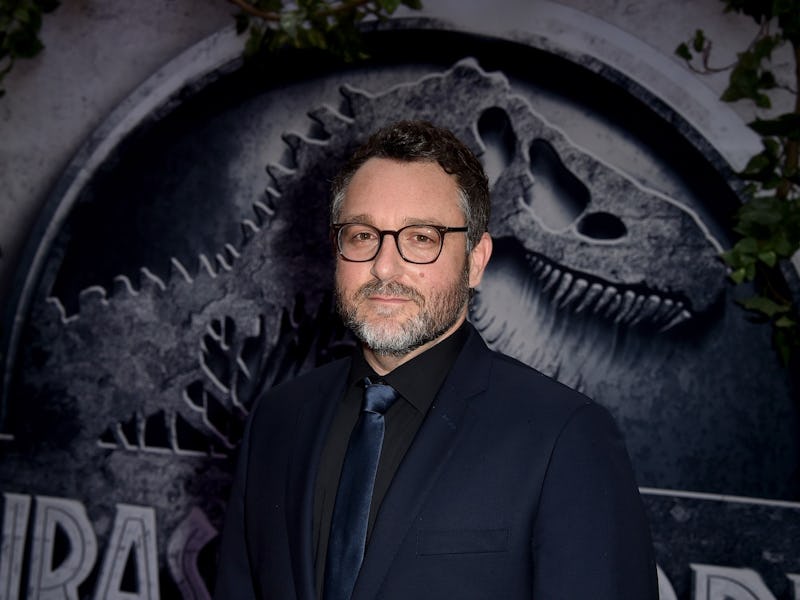What Happens When Indie Filmmakers Take Over Major Franchises
This Hollywood trend goes against everything we've been taught.

Indie directors transitioning from low-budget films to blockbusters is par for the course in some cases. Not all filmmakers operating outside of the studio system care to venture within its rigid, superhero-obsessed domain, but for those who do it’s a natural part of their professional evolution towards developing style and taste. That journey entails testing the waters and trying it all. After all, you won’t know if you like steering a 150 million dollar ship until you try it.
More recently, a spate of relatively-inexperienced indie directors with less than a handful of titles to their name have been offered big gigs by studios. Gareth Edwards went from the unassuming alien invasion flick Monsters to commandeering the Godzilla reboot. Jordan Vogt-Roberts, who nailed the summertime dramedy in The Kings Of Summer, has started work on the King Kong sequel. Colin Trevorrow went from quirky time travel hijinks in Safety Not Guaranteed to Jurassic World. Whether or not this latest batch of filmmakers will remain in the big leagues is something only time will tell. It’s their nosebleed-inducing rise that’s the real issue.
Fast-tracking their careers by accepting major franchise staples is not just a risk for the studios — who are gambling with millions — but also for the directors themselves. Look at Josh Trank. In the last two days, his second feature, Fantastic Four, has received a critical thrashing. I’m surprised fans of Marvel’s First Family haven’t taken to their local multiplexes to burn the prints (or destroy the USB sticks.) It currently holds a lower Rotten Tomatoes score than the universally-reviled Pixels. That takes some doing. Prior to being handed one of Fox’s most lucrative properties — a superhero movie that’s based on a Marvel comic no less — Trank delivered the stellar found-footage flick Chronicle. Given control over most of the film resulted in a great debut that saw studios clamouring to lock him down so he could generate box office gold for them.
It didn’t work out that way. The film’s troubled production soured early opinion, saw him drop out of one of the Star Wars spinoffs, and led to him essentially disavowing the movie on Twitter. He later deleted the offending Tweet, implying that meddlesome studio execs were to blame for Fantastic Four’s poor reception.
The takeaway from the entire messy debacle? Not all risks work out.
There’s something about this current fad that goes against a fundamental lesson ingrained in us by society at large. To succeed you have to be in it for the long haul. You need to prove your worth. I’m not dismissing those early works by the directors mentioned — as the reason they were selected for those high-profile movies is based on their indie reputation — but their resumes aren’t exactly prolific. They’ve been dismissed from the necessary hoop-jumping and instead ascended to the majors because it was offered.
But who wouldn’t leap at the chance to direct the next big hit? Getting thrown in the deep end isn’t always a bad thing, and that steep learning curve was sort-of successful for Trevorrow. Jurassic World broke a gazillion box office records and contributed to Universal making the most money a studio’s ever made in a year — in only six months. Monetarily he was a gamble that permitted execs to indulge their Aston Martin-buying habits. Critically, it was a mixed bag.
So imagine, if you will, an alternate reality sprinkled with fairy dust and optimism: A world where studios enlist young directors into a program to nurture and sculpt their creativity. Where these directors put in the hard work themselves to ensure that later on down the line their payoff is guaranteed. Like a parallel reality to the lessons we’ve had drilled into us all our lives by our parents, our community, our society, our culture. Just like they tell us in the movies.